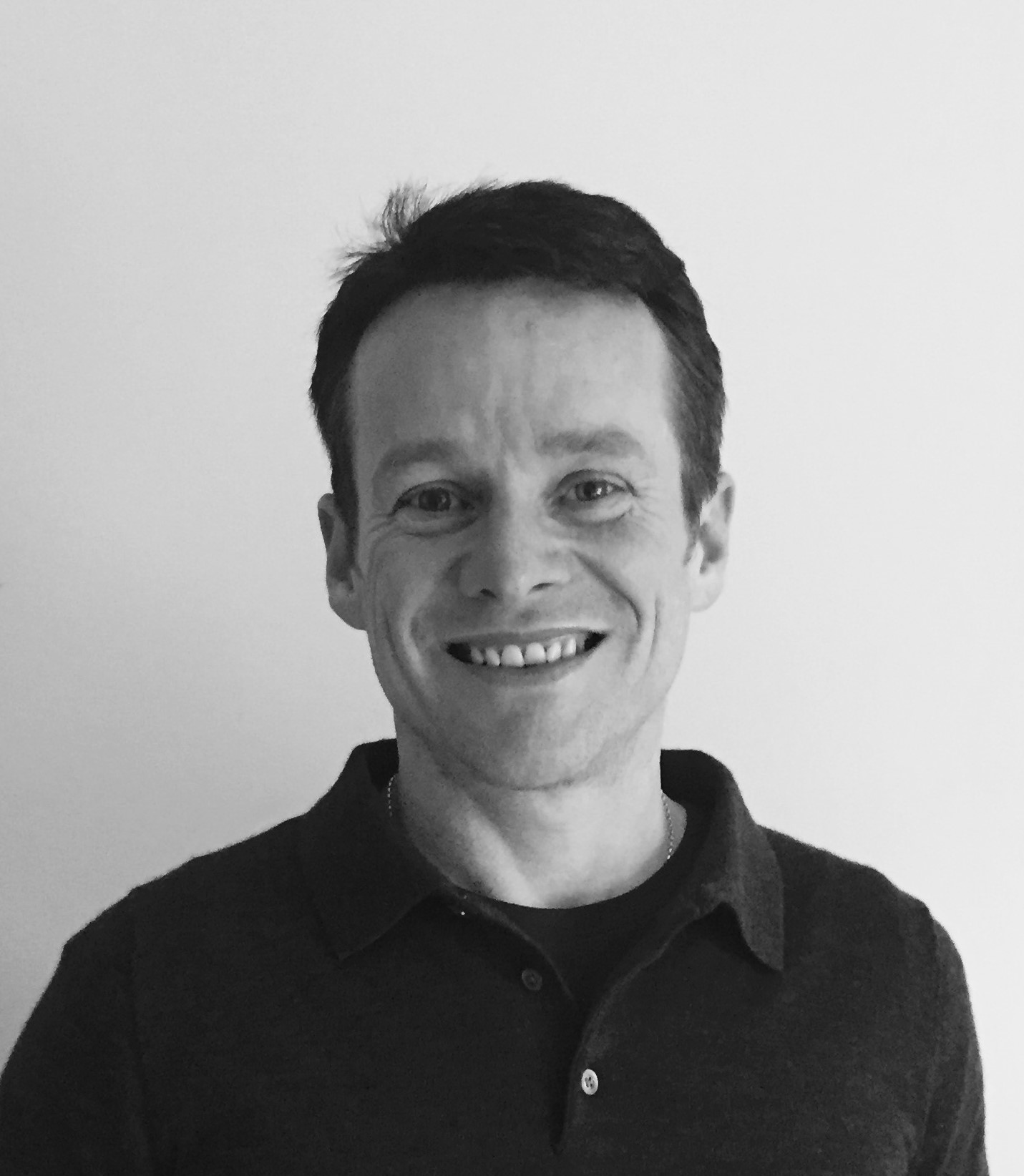Life is full of challenges, but problems only exist in our mind. If you disagree with this statement, ask yourself: “What problem exists right now?”
You might answer:
I can’t pay my rent.
I’m afraid that my partner will leave me.
My job is too difficult.
It could be a million things, but I’ll ask you again: “What problem exists right now?”
Problems only exist in the future, and are projected by your mind: I’m going to get evicted. My relationship is going to end. I’m going to lose my job. You can’t change these situations by thinking about them; that’s called worrying.
Challenges are different. Challenges exist in the moment, and this you can act on. You could work extra hours to pay for your rent. You could be more understanding with your partner. And you could work on your weaknesses to excel at your job.
It’s not always that simple, of course. Not every challenge can be acted upon. Sometimes you have to accept a situation for what it is. But most people don’t act, or accept what has already occurred. They fight with reality, agonizing over what they should have done, or what they need to do.
Choices
You have three choices in every situation.
Consider this example. It’s Friday. You’re driving to work, and one of your favorite songs comes on the radio. Life is good, and you’re fully in the moment. All of a sudden you hit a traffic jam, and realize that you are going to miss an important meeting.
What do you do?
You have three options:
- Change it: Make a phone call and reschedule the meeting. Find a Wifi zone and join the meeting via Skype. You might even get out run if the meeting is that damn important.
- Accept it: You accept the situation, which of course is reality. You are in a traffic jam — this is a fact — it already is the case. Don’t get this confused with giving up. Acceptance isn’t passive. It’s the first step towards corrective action. You might make that phone call. But you accept the facts, no matter what.
- Resist it: This means fighting reality with your mind, torturing yourself about what you could have done, or need to do. “I should have left earlier. I should have taken a different route today. I’m going to let everyone down. This is typical. Everyone will think I’m lazy. I really hate this commute. Maybe I need a job a closer to home. My life sucks.”
It is quite insane to pick number three, but this is what most people do. They don’t take action or accept the situation. They resist reality, and become stressed about what they should have done.
“If you argue against reality you will suffer” — Byron Katie
You have three choices in every situation. You might change it, or you might accept it, but resisting reality is always the wrong choice.
Do You FEAR Change?
If not, check out the FREE program I developed to make extraordinary changes in my recovery from long-term addiction.

